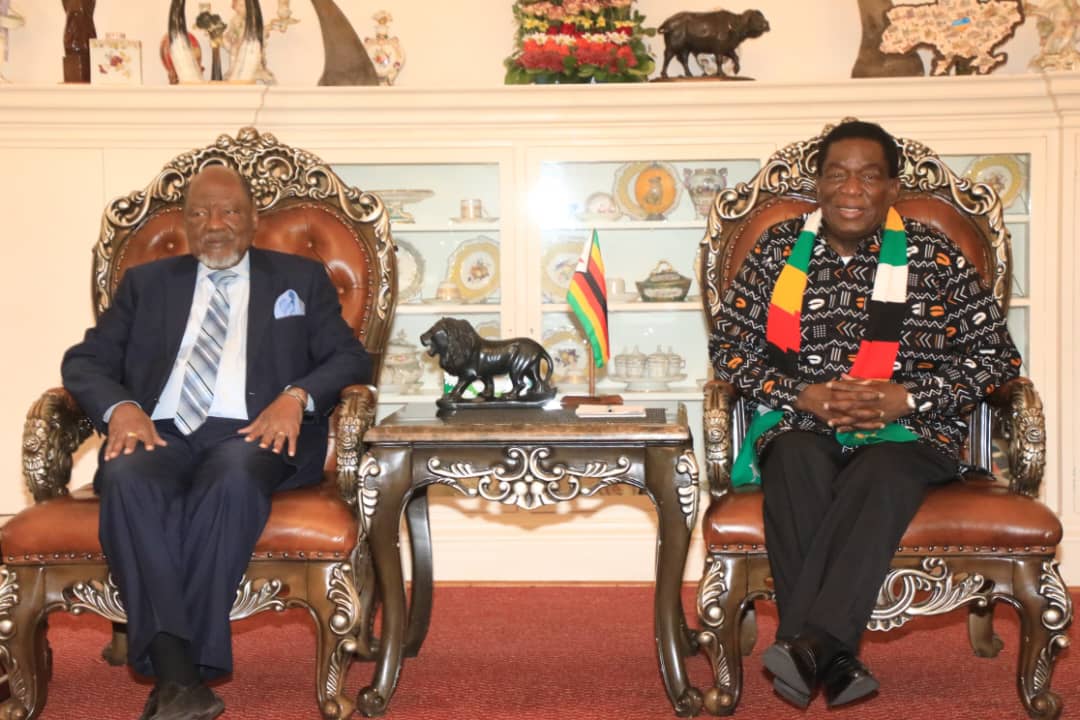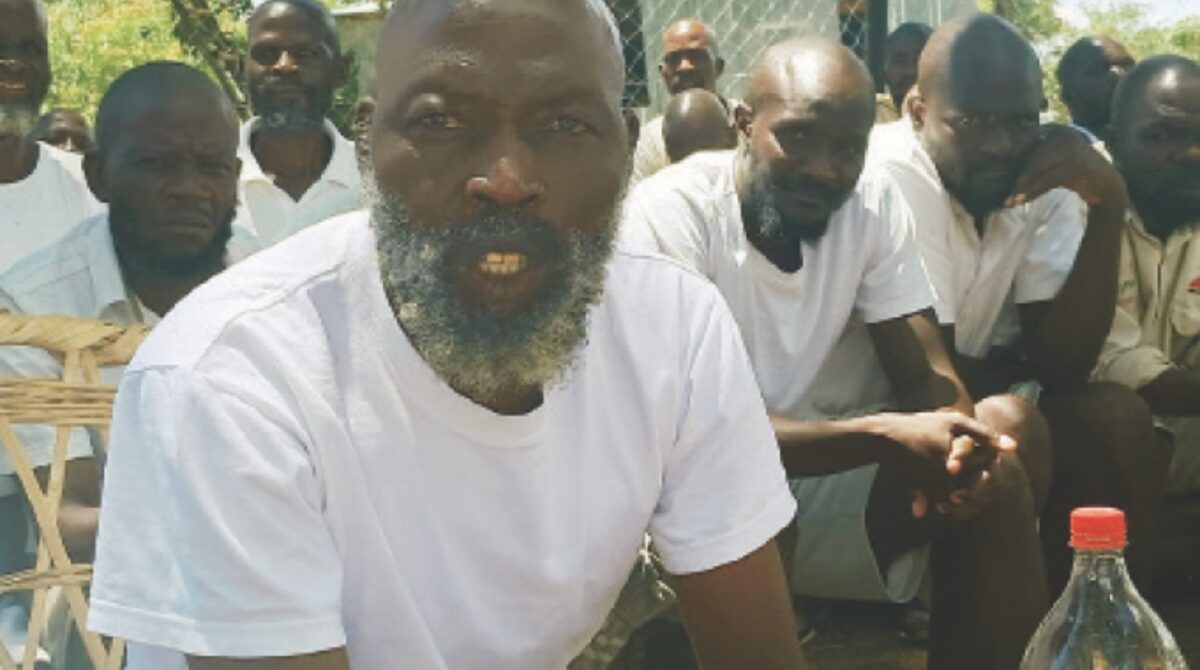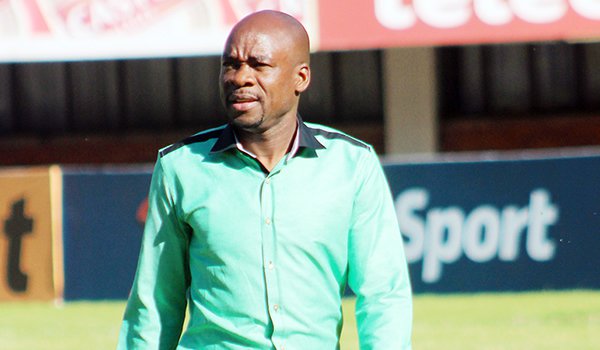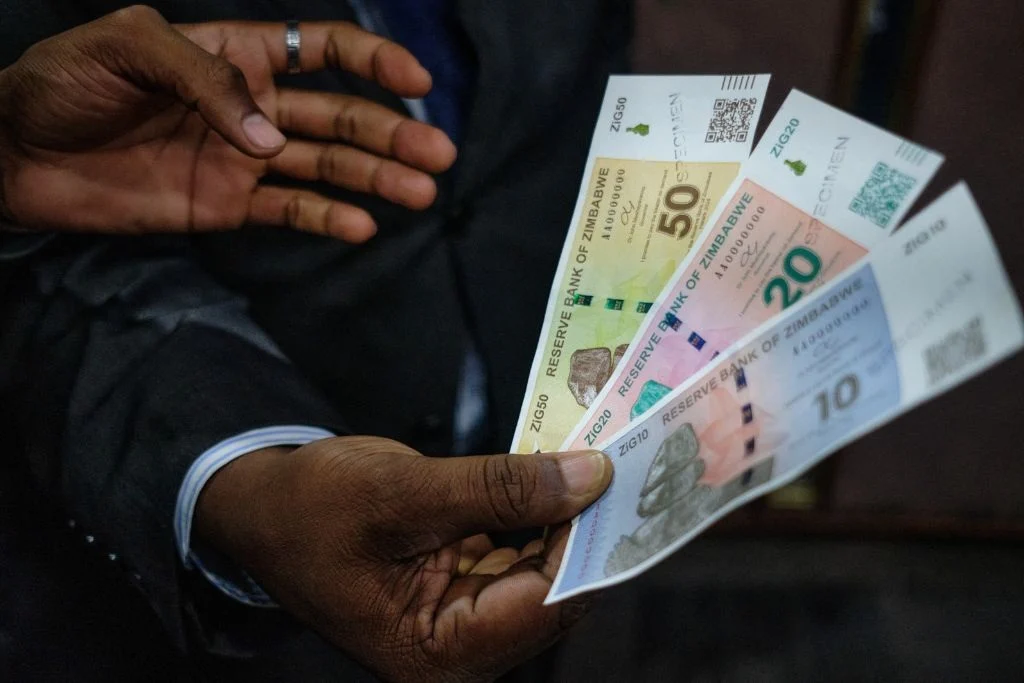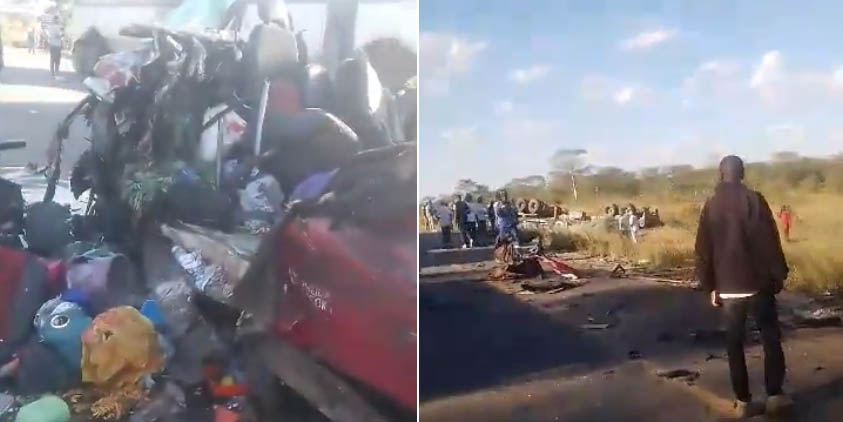HARARE – The Zimbabwe Electoral Commission (ZEC) on Saturday announced that President Emmerson Mnangagwa had been re-elected with 52.6 percent of the vote in an election condemned as a “sham” by critics and denounced by foreign observer missions.
ZEC chairperson Justice Priscilla Chigumba said Mnangagwa’s main rival, Citizens Coalition for Change (CCC) leader Nelson Chamisa, trailed with 44 percent of the vote.
Mnangagwa polled 2,350,711 votes to Chamisa’s 1,967,343, ZEC announced.
Zanu PF also won 136 seats in the National Assembly while the CCC took 73, denying Mnangagwa’s party a two thirds majority with which he could amend the constitution. The election for Gutu West was cancelled following the death of a candidate.
Chigumba said in a televised address: “Therefore, Mnangagwa Emmerson Dambudzo of the Zanu PF party is declared duly elected president of the Republic of Zimbabwe with effect from 26 August 2023.”
Mnangagwa was due to address a news conference following the announcement, but officials said he was “too tired” and the event was cancelled.
The election had been expected to end a legitimacy crisis in Zimbabwe sparked by Mnangagwa’s controversial win in 2018. Instead, it has left Zimbabweans fearful of the future.
In an unprecedented preliminary report, observers of the regional bloc SADC said the election was not credible. They cited the late opening of polling stations in opposition strongholds, a biased judiciary, disruption of opposition rallies, lack of coverage of opposition rallies in state media and ZEC’s lack of independence in a scorching report which riled the Zimbabwe government.
“Some aspects of the harmonised election fell short of the requirements of the constitution of Zimbabwe, the electoral act and the SADC principals and guidelines governing democratic elections,” said head of the delegation Nevers Mumba.
Observers from the Carter Center, the Commonwealth, the African Union and the European Union, while noting that the vote was held in generally peaceful conditions, also offered searing criticism.
An influential United States senator, Jim Risch, on Friday said the international community should re-look into their relationship with Mnangagwa’s regime, raising the prospect of fresh sanctions.
“We must reevaluate all facets of our relationship with a Zimbabwean government that ignores its people’s will and flouts its laws through acts of violence, looting, and impunity,” Fisch said in a statement, describing the election as a “sham.”
Mnangagwa had hoped to secure an uncontested victory and end Zimbabwe’s decades of international isolation which has spawned an economic collapse. The disputed election has put paid to those hopes, setting the stage for a choppy new five-year term.
A new constitution adopted in 2013 for the first time imposed a two-term limit for the president, meaning this would be Mnangagwa’s second and final term. Political analysts say this could render him a lame-duck, with his internal Zanu PF rivals coalescing around his deputy and likely successor, vice president Constantino Chiwenga.
The poll was watched across southern Africa as a test of support for 80-year-old Mnangagwa’s Zanu PF party, whose 43-year rule has been battered by a moribund economy and charges of authoritarianism.
The election was forced to stretch into an unprecedented second day over delays in printing of ballot papers in some key districts including in the opposition strongholds Harare and Bulawayo.
The CCC had more than 100 of its campaign meetings banned, and has lashed the electoral process as “fundamentally flawed”.
SADC added that “it was the contention of a number of stakeholders that the state-owned media houses remain biased against the opposition”.
Less than a quarter of polling stations in Harare – an opposition stronghold – opened on time on Wednesday, the first day of voting.
The problems forced Mnangagwa to issue a late-night directive extending the vote by another day.
Chamisa, 45, slammed the delays as “a clear case of voter suppression, a classic case of Stone Age… rigging”.
